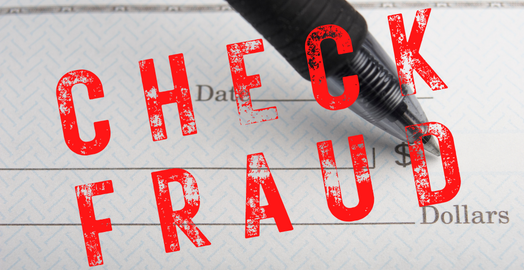Tax Diversification And Investing

What is tax diversification?
Tax diversification refers to the planned allocation of your assets across multiple accounts with varying taxation. Diversification is similar to asset location, meaning you as an investor can choose where to place your investment dollars across accounts such as traditional IRAs, Roth IRAs, and brokerage accounts.
Investing your hard-earned money in anticipation of retirement is serious business. We as investors would prefer not to pay a portion of our investment gains in taxes, so knowing how to shelter our contributions will be an important factor in working to maximize your growth. Strategic use of fully taxable, tax-advantaged, and tax-free accounts can save you money as you plan for your golden years.
Tax-advantaged accounts
If you are enrolled in a 401K, a 403B, or a traditional IRA, you have tax-advantaged retirement accounts. Also known as tax-deferred accounts, they give you some advantages for future financial planning, such as:
- Being able to contribute with pre-tax or tax-deductible dollars
- Being able to defer tax withdrawals until you collect on your accounts
- Being able to make contributions on your investments at age 72
- Being taxed at regular rates on withdrawals
Check with your employer to see if an employee match option exists and take advantage of this benefit if possible. If you contribute $500 per month toward your accounts, your employer may match a portion of your contribution or even your entire amount, depending on your income. While these types of accounts may save you money on taxes right now, they have the potential to move you to a higher tax bracket in retirement.
Fully taxable investment accounts
A traditional brokerage account is fully taxable, and it involves making contributions to various stocks and bonds. These types of accounts do not necessarily afford you immediate tax benefits, but they do offer additional withdrawal and mobility benefits, giving you more control about where you place your money and how you choose to use it. Fully taxable investment accounts:
- Are funded with after-tax dollars
- Are not subject to RMDs
- Are subject to taxation on all earnings, dividends, and sales during a calendar year
- Are taxed according to your income tax bracket
- Allow for tax deductions on losses
Tax-free investment accounts
Tax-free investment accounts include Roth IRAs, Roth 401k plans, 529 plans, and any Health Savings Accounts that you procure. These accounts are intended for long-term use and growth, so you could incur penalties if you choose to withdraw early for any reason. Other attributes of tax-free investment accounts include:
- Tax-free withdrawals from 529 and HSA plans if you use the funds for educational or qualified health expenses
- Tax-free distributions on Roth accounts if you are age 59 ½ or older.
- Significant savings on income tax in retirement
- Tax-deferred earnings on income
- Tax-deductible contributions
Knowledge is power
As tax laws are constantly evolving, it is difficult to predict how your money will perform long term. Your best course of action is acquiring knowledge on retirement options and to get advice from a financial expert on how to procure consistent growth. The financial professionals at Sound Wealth Management Group can offer solid advice, proper planning strategies, and proper planning to ensure that all of your retirement plans can become reality. Contact us today to see how we can help you work to achieve more efficient growth as you plan for the future. Visit https://www.soundwealth.net/ for more information.
The information provided here is for general information only and should not be considered an individualized recommendation or personalized investment advice. The investment strategies mentioned here may not be suitable for everyone.
All investing involves risk including loss of principal. No strategy assures success or protects against loss.
Past performance is no guarantee of future results.
There can be no guarantee that strategies promoted will be successful and no guarantee of positive results.
Contributions to a traditional IRA may be tax deductible in the contribution year, with current income tax due at withdrawal. Withdrawals prior to age 59 ½ may result in a 10% IRS penalty tax in addition to current income tax.
A Roth IRA offers tax deferral on any earnings in the account. Qualified withdrawals of earnings from the account are tax-free. Withdrawals of earnings prior to age 59 ½ or prior to the account being opened for 5 years, whichever is later, may result in a 10% IRS penalty tax. Limitations and restrictions may apply.
Prior to investing in a 529 Plan investors should consider whether the investor’s or designated beneficiary’s home state offers any state tax or other state benefits such as financial aid, scholarship funds, and protection from creditors that are only available for investments in such state’s qualified tuition program. Withdrawals used for qualified expenses are federally tax free. Tax treatment at the state level may vary. Please consult with your tax advisor before investing.
This information is not intended to be a substitute for specific individualized tax advice. We suggest that you discuss your specific tax issues with a qualified tax advisor.










